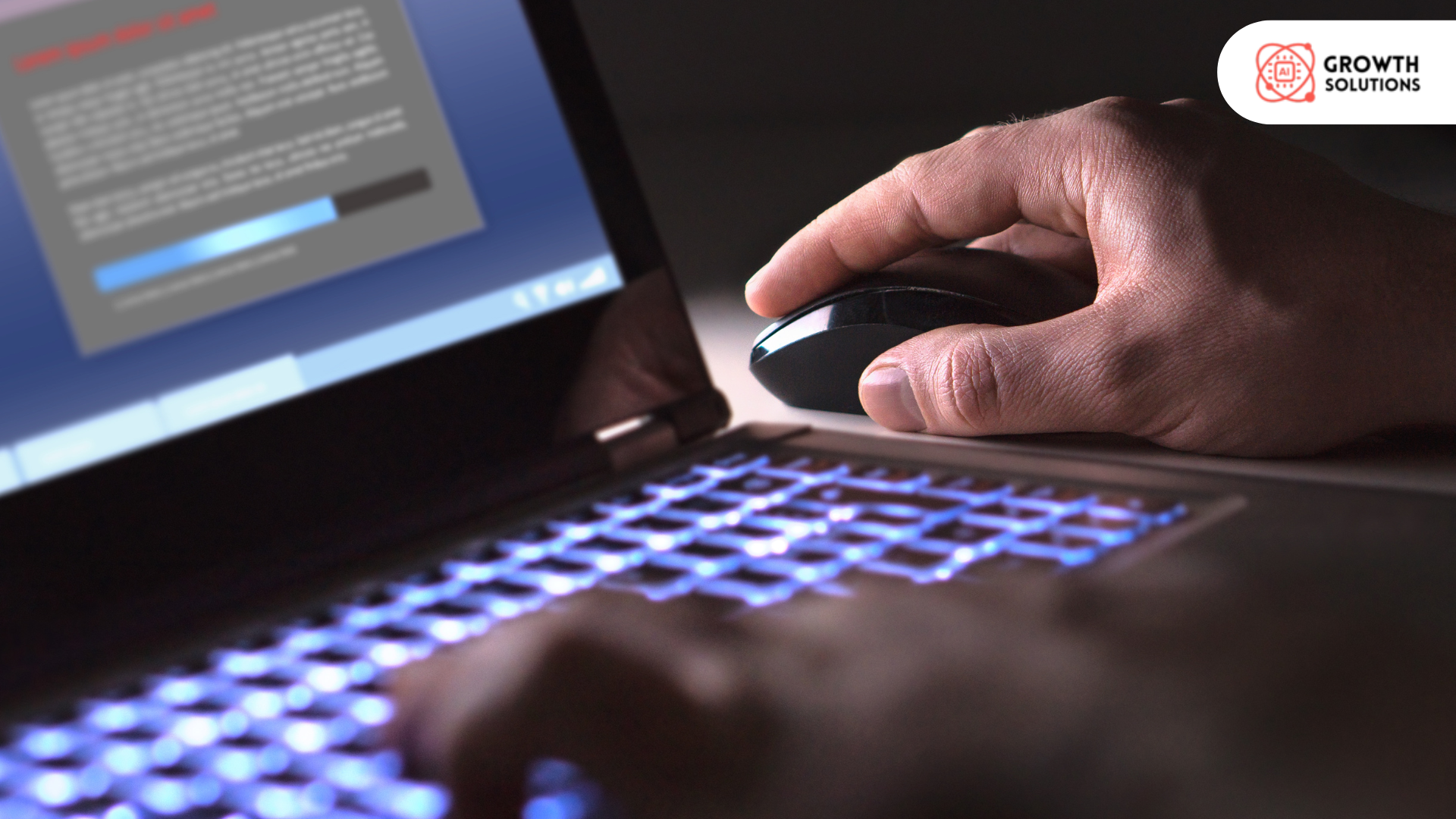18554493114
Call us for any question.
- support@aigrowth-solutions.com
- 349 Blue Point Rd Farmingville, NY 11738,USA
Call us for any question.
18554493114
Search for products
Blog Detail
- Home
- Blog
- Details
How to troubleshoot my slow internet connection?
In a world where our lives revolve around digital connectivity, having a reliable and fast internet connection is more important than ever. Slow internet can be incredibly frustrating and disruptive, whether you're working from home, streaming your favorite shows, or connecting with loved ones. This guide will take you through the essential steps to Slow Internet and Troubleshooting connection, helping you regain control of your online experience.
Understanding Slow Internet
What Constitutes a Slow Internet Connection?
A slow internet connection is about more than just sluggish browsing. It can manifest in various ways, including long website loading times, buffering during video streaming, and lag during online gaming. If it's considered slow, your internet isn't efficiently meeting your usage needs.
Common Symptoms of Slow Internet
Recognizing the symptoms of slow internet is the first step in troubleshooting. These include:
- Websites are taking longer than usual to load.
- Streams are buffering frequently.
- Online games need to catch up or reconnect.
- Downloads and uploads take more time than expected.
Causes of Slow Internet
Multiple factors can contribute to a sluggish internet connection, such as:
- High network traffic during peak hours.
- Outdated hardware like routers and modems.
- Interference from other electronic devices.
- Software issues or malware on your devices.
Importance of Troubleshooting
Prompt Identification and Resolution
Identifying and resolving internet issues promptly is crucial. Slow internet can hinder productivity, mainly if you rely on a stable connection for work or education. By troubleshooting early, you can avoid prolonged downtime and frustration.
Enhanced Productivity and User Experience
A fast and reliable internet connection improves overall productivity and user experience. Whether you're conducting business, learning online, or enjoying entertainment, a smooth connection makes all the difference.
Step-by-Step Troubleshooting Guide
Resetting Your Router and Modem
One of the simplest yet most effective steps in troubleshooting slow internet is resetting your router and modem. Unplug both devices, wait 30 seconds, and then plug them back in. This can help refresh your connection and resolve minor glitches.
Checking for Device or Software Issues
Sometimes, the issue isn't with your internet connection but your device or software. Ensure your operating system and drivers are up-to-date. Run a malware scan to rule out infections that might slow down your device.
Testing Your Internet Speed
Use online tools like Speedtest.net to measure your internet speed. This will give you an idea of your speed versus what you're supposed to get. Note down the download and upload speeds for reference.
Analyzing the Results
Compare your speed test results with the speeds promised by your internet service provider (ISP). If there's a significant discrepancy, it may indicate an issue that needs further attention. While analyzing the results, consider the time of day and the number of devices connected.
Advanced Troubleshooting Tips
Upgrading Your Internet Plan
If you've tried basic troubleshooting steps and still experience slow internet, it might be time to upgrade your internet plan. Higher-speed plans can accommodate more devices and provide a smoother online experience.
Optimizing Your Home Network
To optimize your home network, place your router in a central location and away from obstructions. Use wired connections for devices that require the most bandwidth, such as gaming consoles or smart TVs. Additionally, consider investing in a mesh Wi-Fi system for better coverage.
Contacting Your Internet Service Provider
If all else fails, contact your ISP for technical support. They can help diagnose and fix issues on their end. Sometimes, a technician visit might be necessary to resolve persistent problems.
Conclusion
Troubleshooting a slow internet connection can be manageable. Understanding the common causes and following these practical steps can significantly improve your connection speed and allow you to enjoy a seamless online experience. Regular internet health checks are essential to maintaining optimal performance.
If you have any tips or experiences, we'd love to hear from you in the comments section below. For more expert advice on internet troubleshooting and speed improvements, consider contacting AI Growth Solution. Our team is dedicated to helping you achieve the best possible internet performance.
Category
Slow Internet and Troubleshooting
Previous Post
How Does Server Operating System Work?
In the world of IT, the backbone of any successful enterprise is its server operating system. Unders...
Next Post
What is the Software Installation Process?
Software installation is setting up software on a computer or other device. Understanding this proce...
Today's businesses span borders, requiring versatile solutions.



 Admin
Admin
